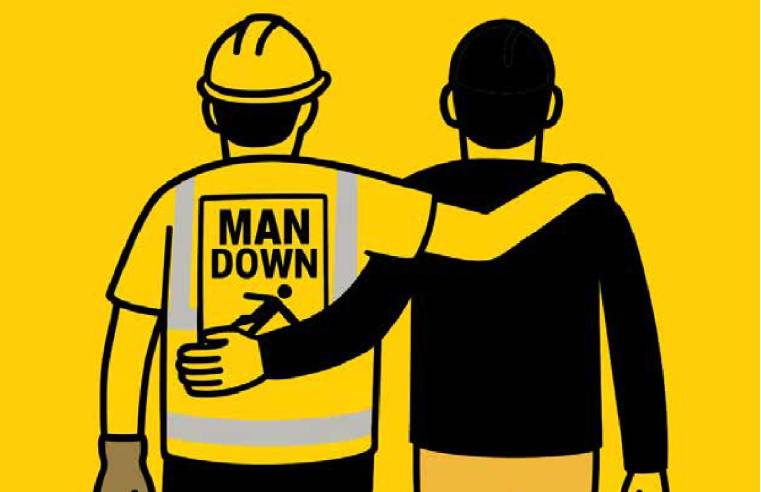One in every eight company employees in the UK has taken time off work for stress in the last year, according to a new study conducted by contractor payroll and accountancy experts, the Dolan Contractor Group.
The Stress in the Workplace study gathered responses from employees of 140 companies across the UK. Respondents were asked about the causes of what was deemed ‘excessive workplace stress’, how they combat stress to maintain good mental health and what their employers do to support them through stress.
The greatest cause of this stress in the UK workplace was found to be long working hours, with 41% of respondents to a study stating that they have been affected. Next most common is deadline or client pressure with 32%, followed by low pay and inability to build financial savings with 29%.
The study also identified differences in how stress is experienced between genders, and between employees of SMEs or large companies. Also revealed were crucial differences between the support available to permanent employees and that offered to employees hired on a contractor or freelance basis.
When asked how they would deal with stress, 6% of permanent employee respondents stated that they would not seek help if they were suffering from excessive stress, opting to ‘hope it gets better’. This figure rose to 17% of contractors and freelancers surveyed.
There were clear differences between SMEs and large companies when employees attributed sources of stress. Just under half of employees in SMEs (47%) stated that low pay, the inability to build savings and no chance of progression were stress points.
When respondents were asked how they’d tackle stress, 30% of those at large companies stated that they would speak to their manager. The amount who would seek help from their manager reduced to 12% of workers at SMEs. It’s possible that small businesses need to work harder to provide anonymity or an environment that workers feel comfortable to confide in senior staff members.
The majority of employees from large companies stated that long working hours (40%) caused them the most stress, followed by overwork and management pressure (36%).
Further findings from the study revealed female contractor workers are less likely to suffer from excessive stress due to long working hours when compared to female permanent workers. It is still predominantly women who take time off work, as the main carers for children within a family. They have to set their working hours around childcare, made possible by freelancing and contracting.
Contractors and freelancers were found to rely more heavily on their friends and families for support, with 26% stating this was their method to combat excessive stress. Furthermore, 30% of this group of workers have taken leave from work to combat excessive stress.
Richard Holmes, Director of Wellbeing at Westfield Health, added: “Burnout is a state of emotional, physical and mental exhaustion caused by excessive and prolonged stress. Pressure at work is usually the main culprit and when budgets are tight and teams are small, people often find themselves with multiple roles and heavy workloads, piling on the stress.
“Policies like flexible or remote working can help employees balance work and home life, and things like turning off email servers outside of working hours helps ring fence valuable recovery time. Mental health first aid training can also help managers spot the signs or triggers and put preventions in place.
“Contractors or freelancers who don’t have the support of HR might need to adopt their own strategies such as setting working hours, turning off email alerts out of these hours and separating work and living space if working from home.”































